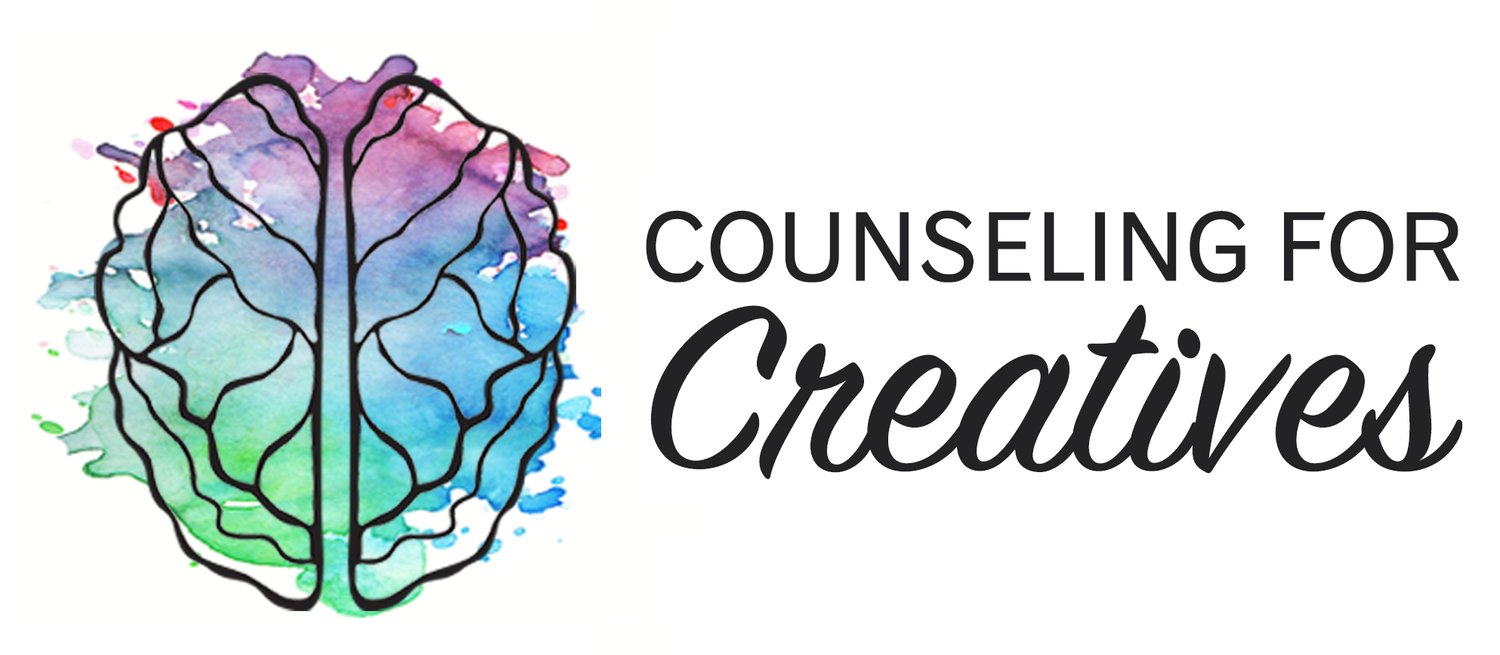Ch-ch-ch-ch-changes
As I stated in one of my previous posts, I don't handle change well. What's funny is I get bored pretty easily, so I crave change quite often. But when a big transition creeps up on me, I get uncomfortable and a bit scared. I think a lot of people do this: we swing between periods of excitement and apprehension when we make big decisions, like changing jobs, starting or ending a relationship, moving to a new apartment, house, state, or country, or embarking on a new creative project. I find that I, and many people I know, tend to act as if everything is fine when going through these changes - like we feel that expressions of fear or tentativeness will somehow cause things to fall apart. Sometimes we "fake it" because we know the change is bad for us. Sometimes we "fake it" because we know the new thing is really good for us and we're just afraid to do it. Regardless of the situation, I've come to believe that expressing the nervousness to my partner or to a close friend helps tremendously. I find it offers perspective, usually helping to either ease my mind or encouraging me to contemplate the decision further. Sometimes even just saying "I'm nervous about this" and having someone else say "I know, it'll be ok" can help tremendously.
As I stated in one of my previous posts, I don't handle change well. What's funny is I get bored pretty easily, so I crave change quite often. But when a big transition creeps up on me, I get uncomfortable and a bit scared. I think a lot of people do this: we swing between periods of excitement and apprehension when we make big decisions, like changing jobs, starting or ending a relationship, moving to a new apartment, house, state, or country, or embarking on a new creative project. I find that I, and many people I know, tend to act as if everything is fine when going through these changes - like we feel that expressions of fear or tentativeness will somehow cause things to fall apart. Sometimes we "fake it" because we know the change is bad for us. Sometimes we "fake it" because we know the new thing is really good for us and we're just afraid to do it. Regardless of the situation, I've come to believe that expressing the nervousness to my partner or to a close friend helps tremendously. I find it offers perspective, usually helping to either ease my mind or encouraging me to contemplate the decision further. Sometimes even just saying "I'm nervous about this" and having someone else say "I know, it'll be ok" can help tremendously.
This practice of recognizing and expressing anxiety is in line with cognitive behavioral therapy, which helps people to change their thoughts and behaviors. Anxiety is one of the most interesting emotions to conquer because it perpetuates itself: we feel anxious and the symptoms of anxiety scare us; we don't want to feel anxious, so we try to ignore it or suppress it, but the symptoms persist and the feeling of fear is heightened, often accompanied by thoughts of "I'm going crazy", "People will think I'm crazy", "I'll never get this done if I can't stop feeling this way", "I'm weak if I can't control this", and so on. Working to alter these thoughts in a way that gives us the understanding that anxiety is common, normal, and "OK to feel" does something amazing: it quells the anxiety. Eventually, we're no longer anxious that we're anxious and feeling alright with our emotions allows them to be easily processed.
Major change is one of my biggest anxiety triggers, but it is not the only one. No matter what the anxiety causing situation, I've learned to recognize, accept, breathe through it, and discuss it with others when necessary and appropriate. I'm curious, do you have trouble with change, too? How do you handle it and other anxiety inducing situations?


